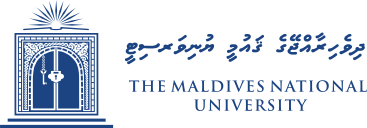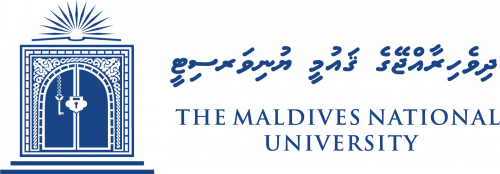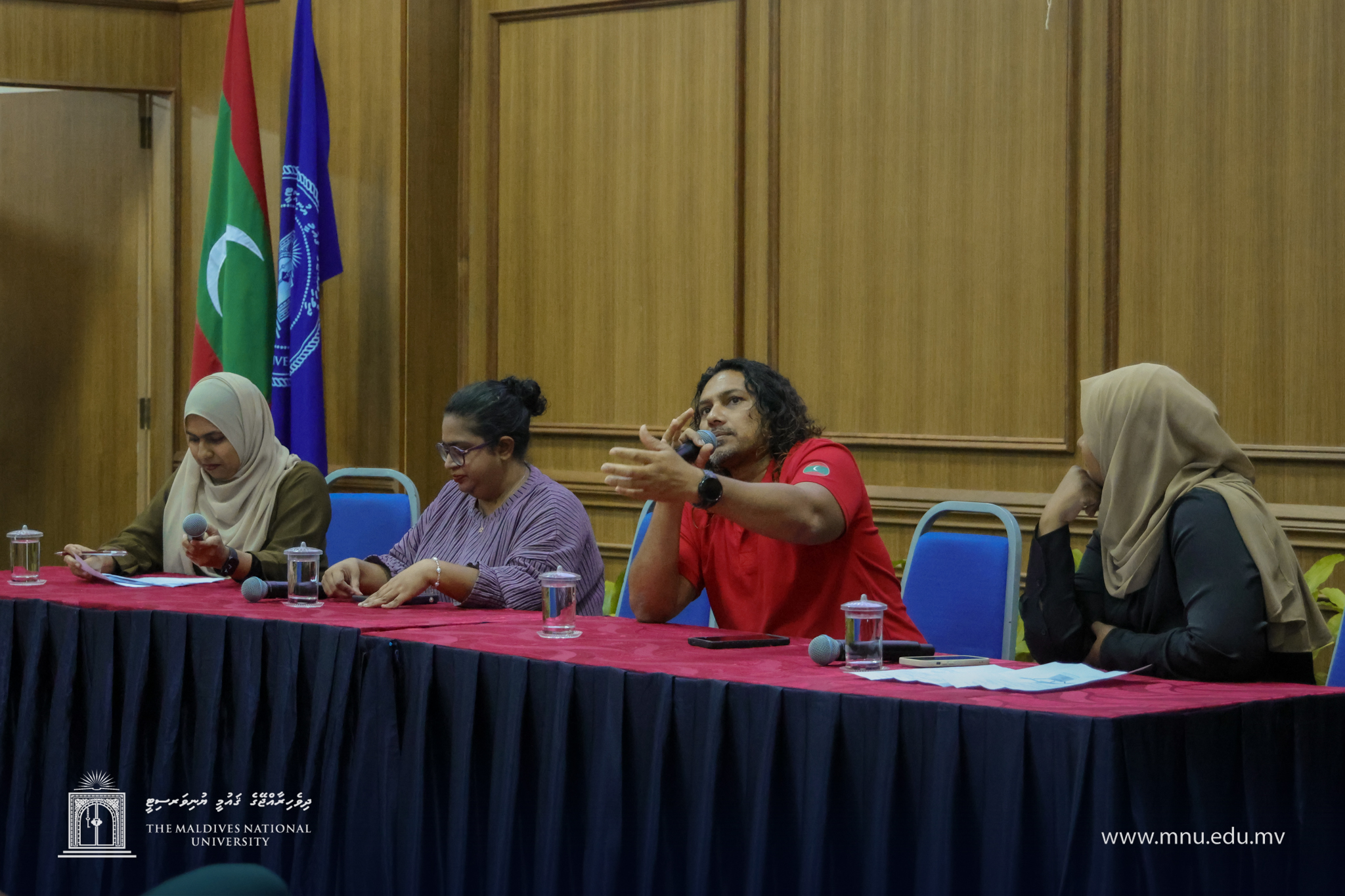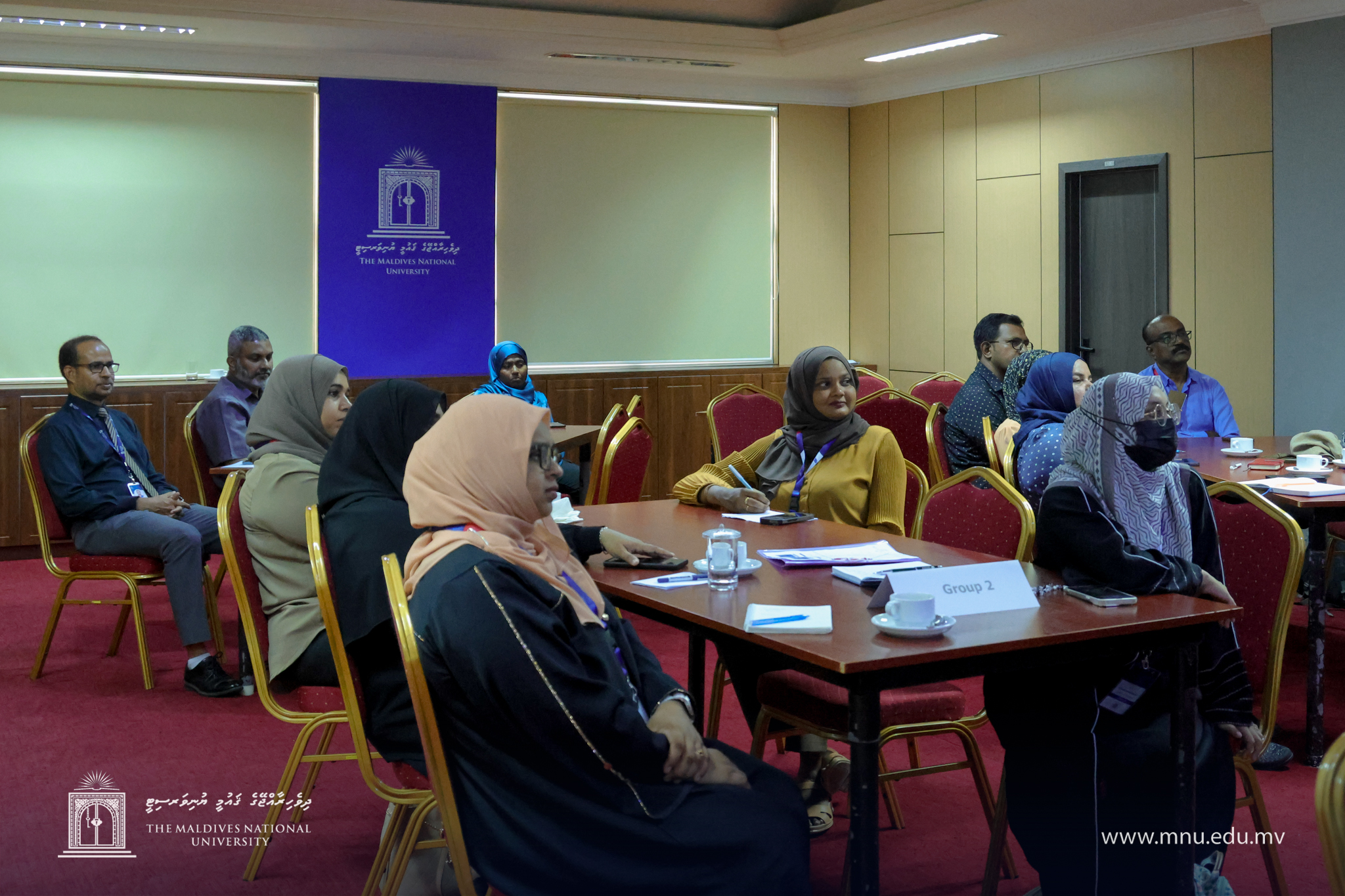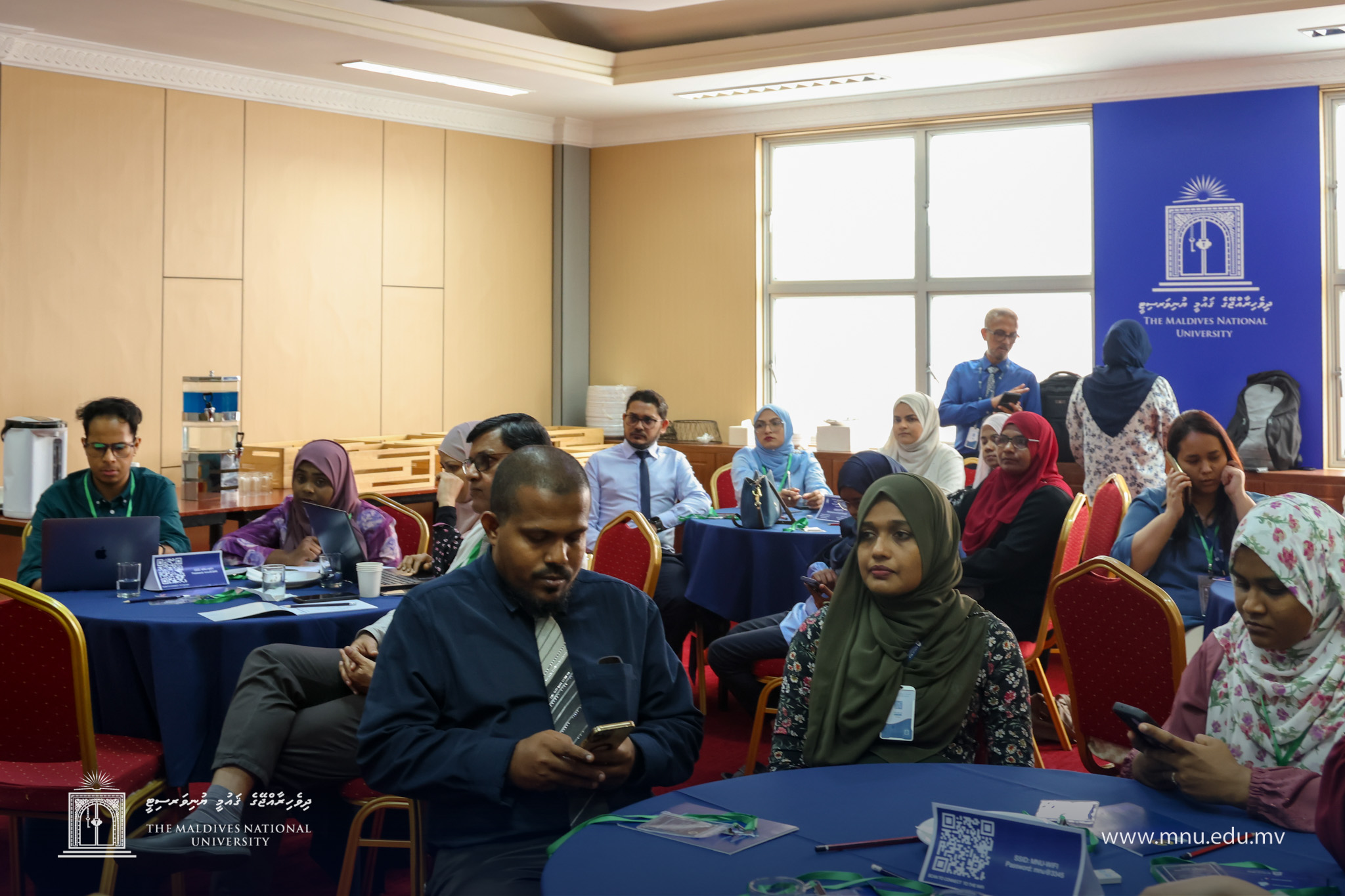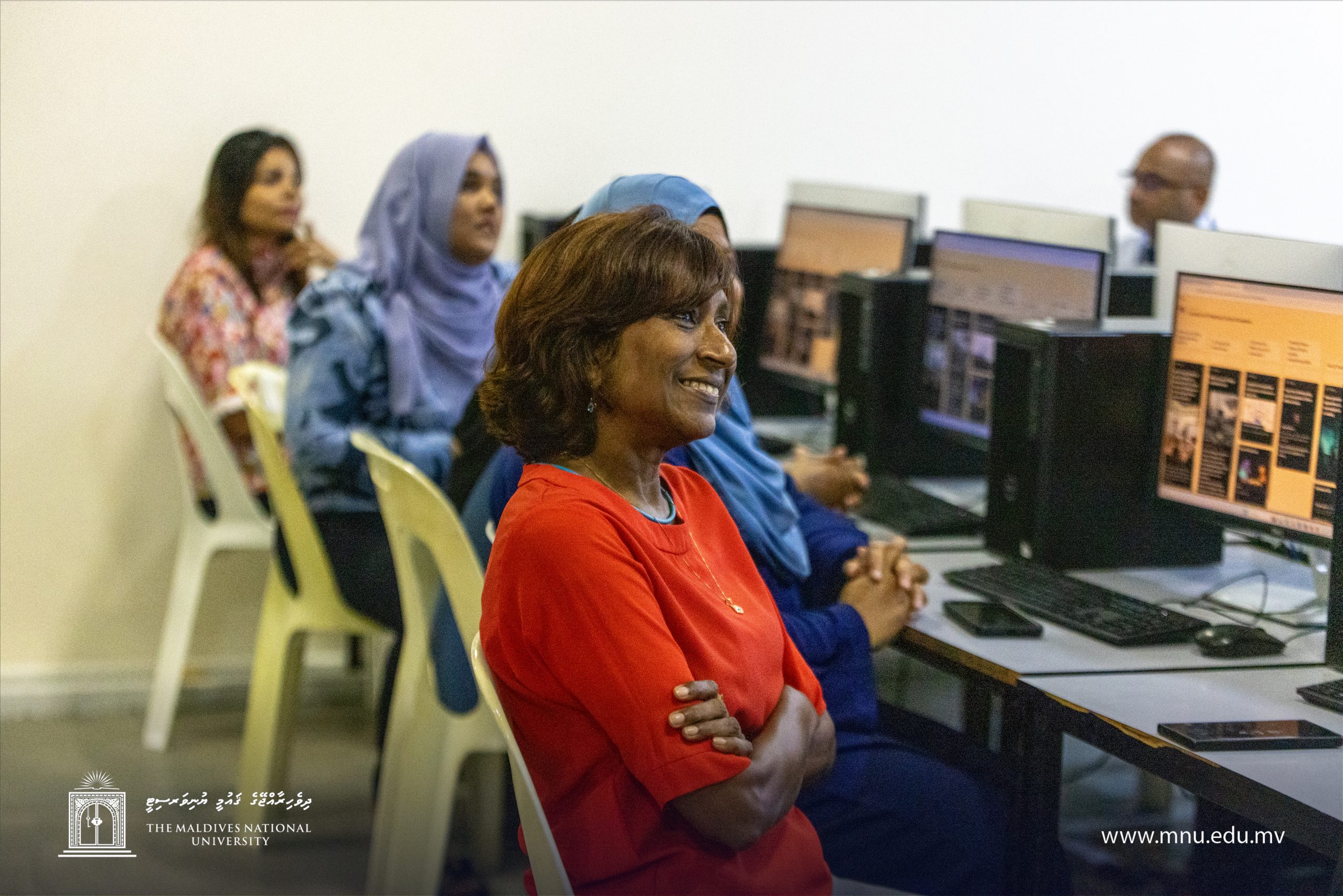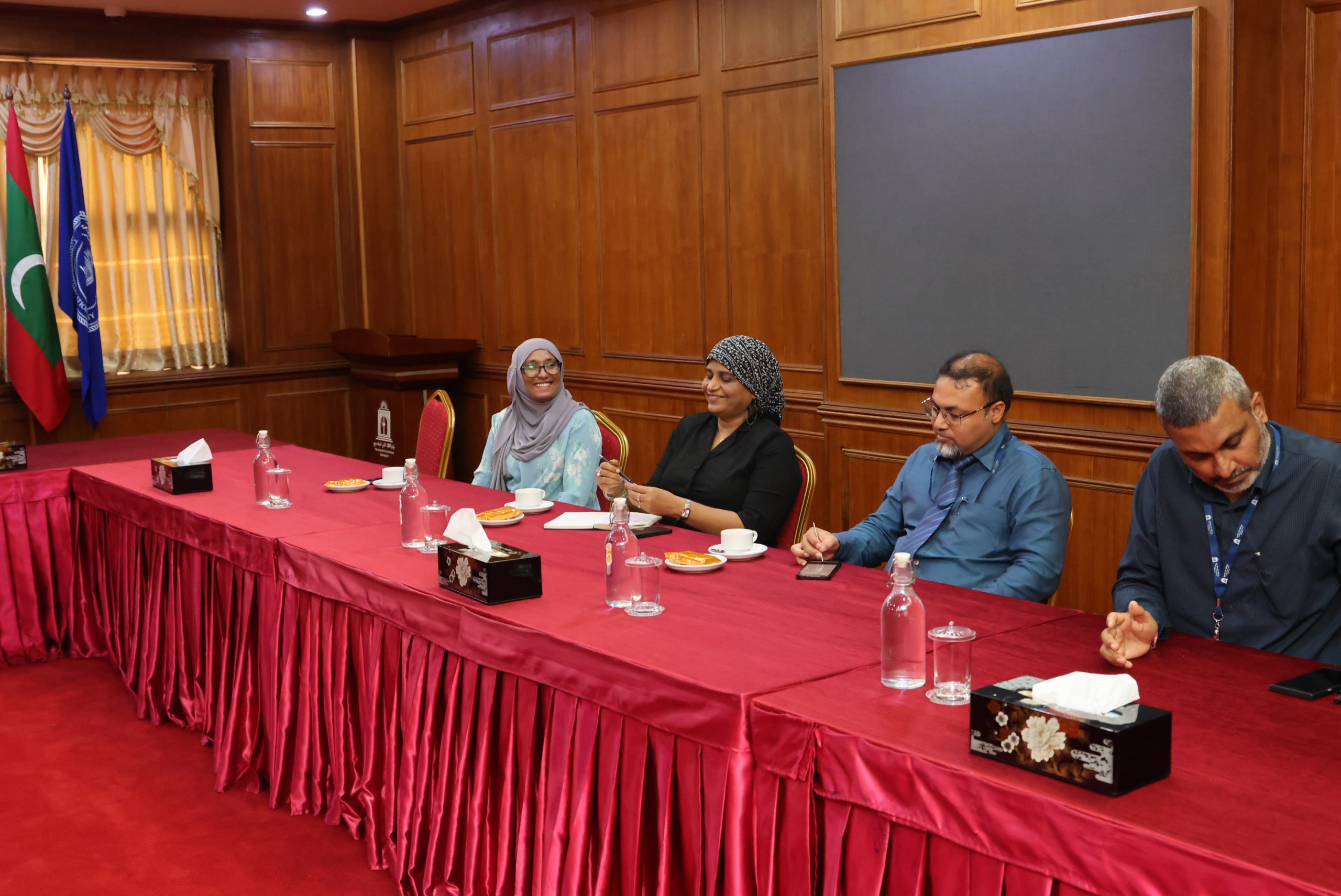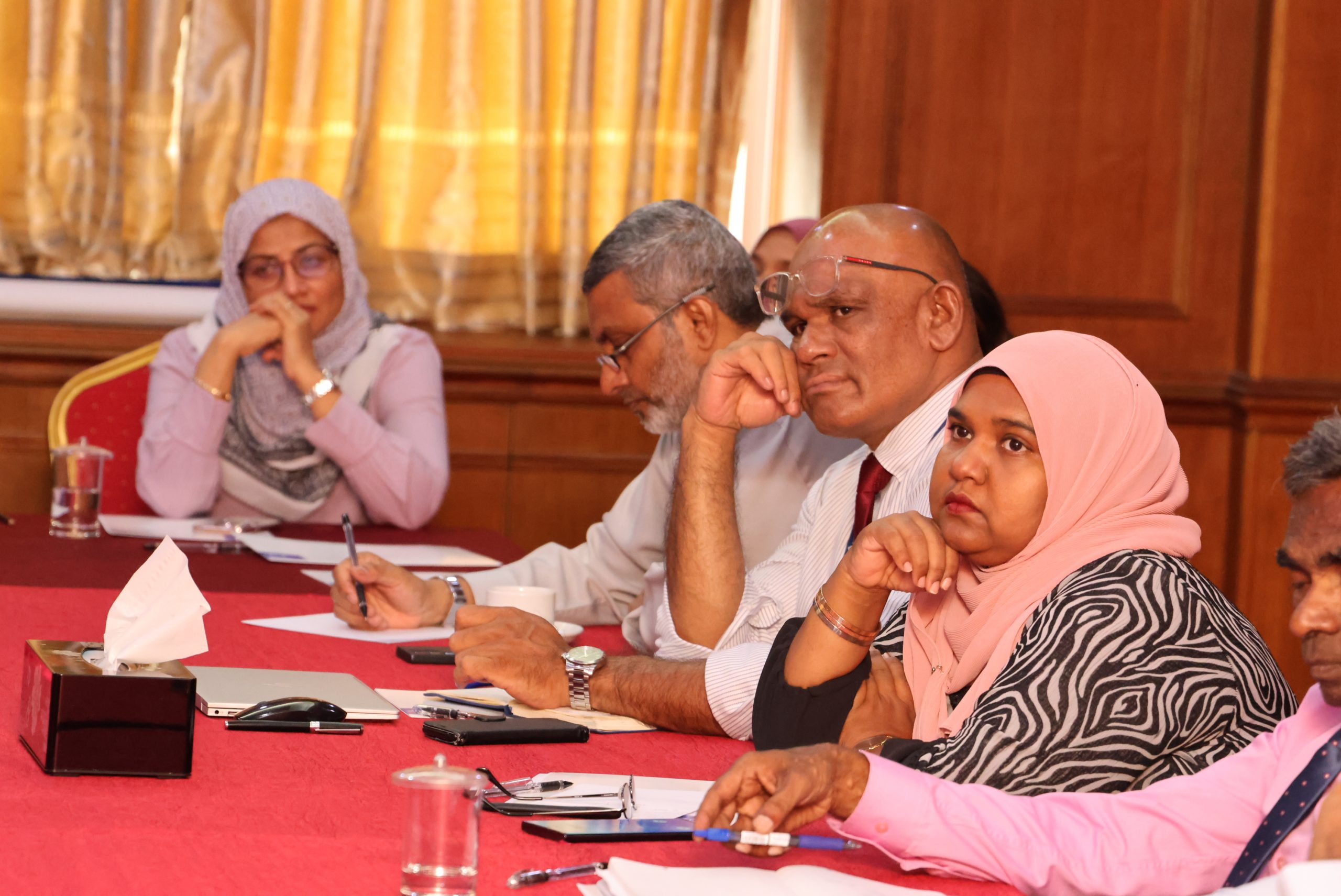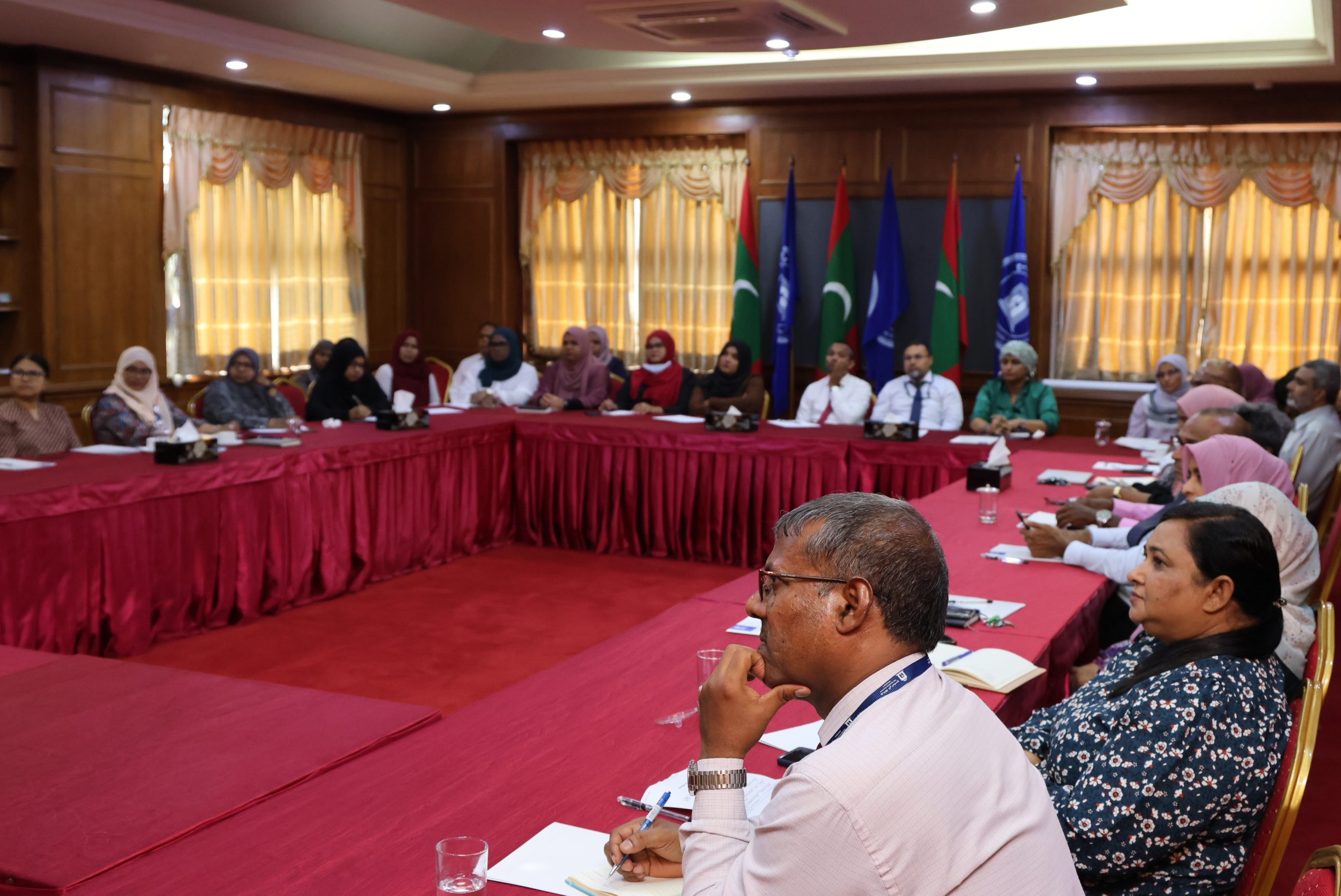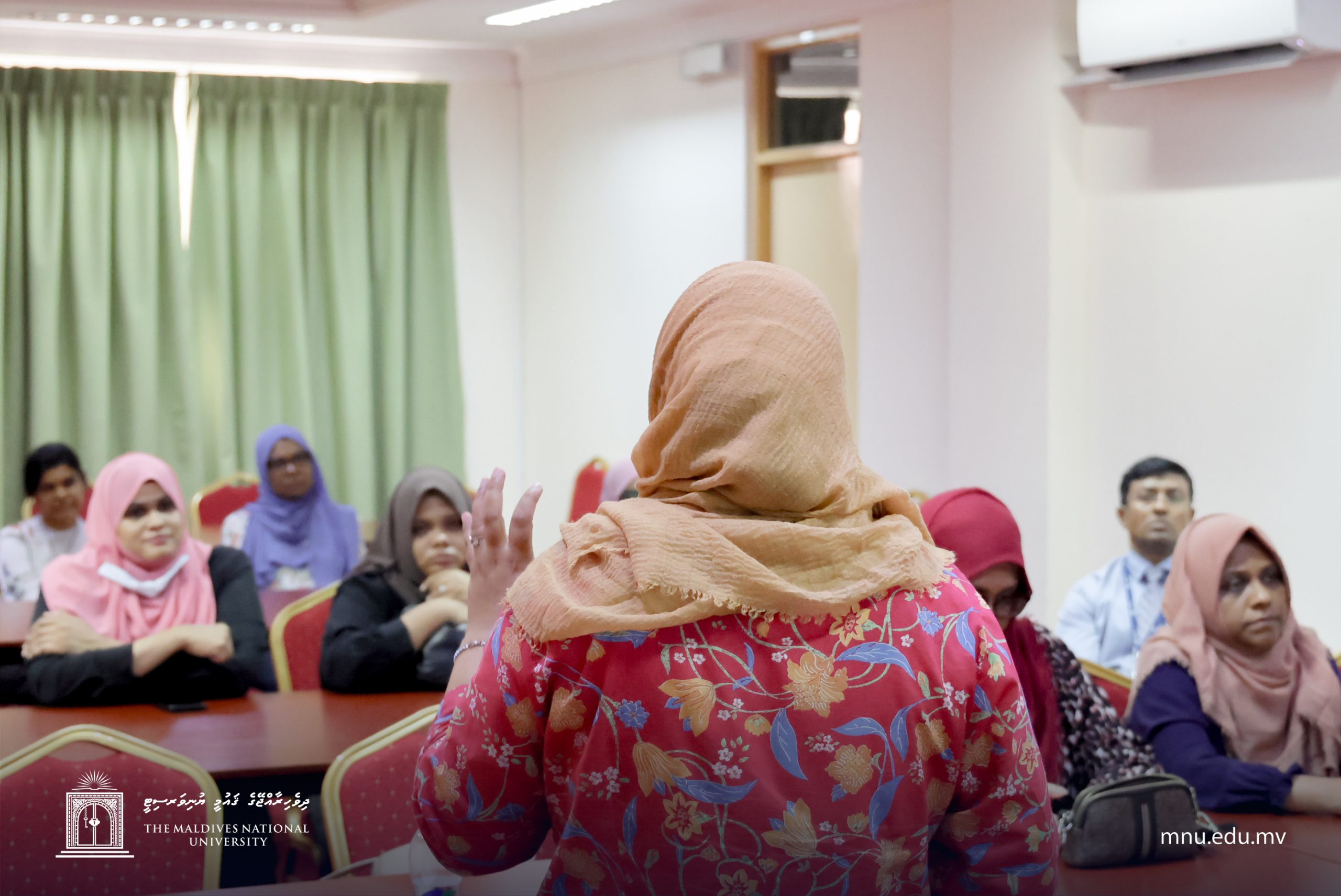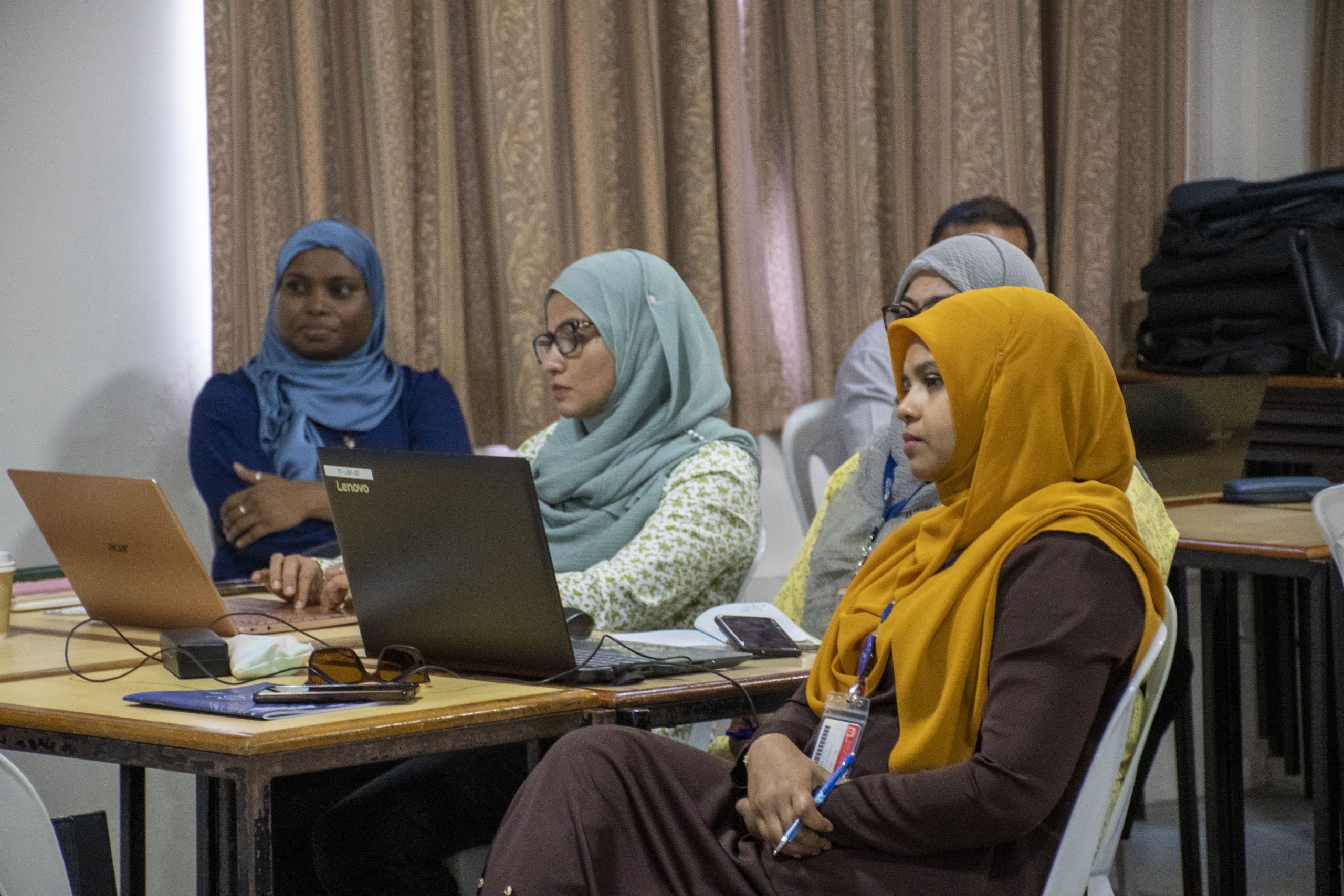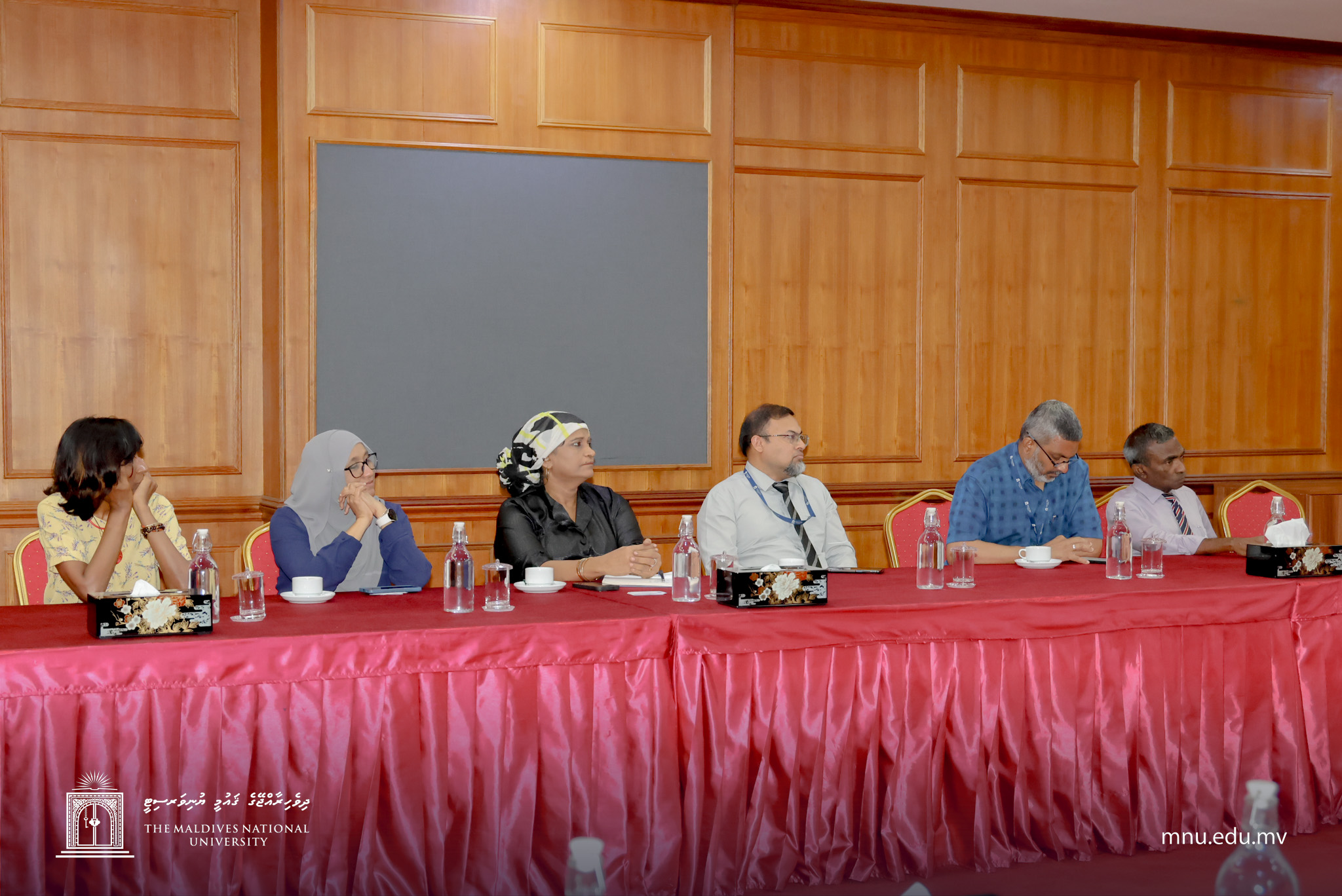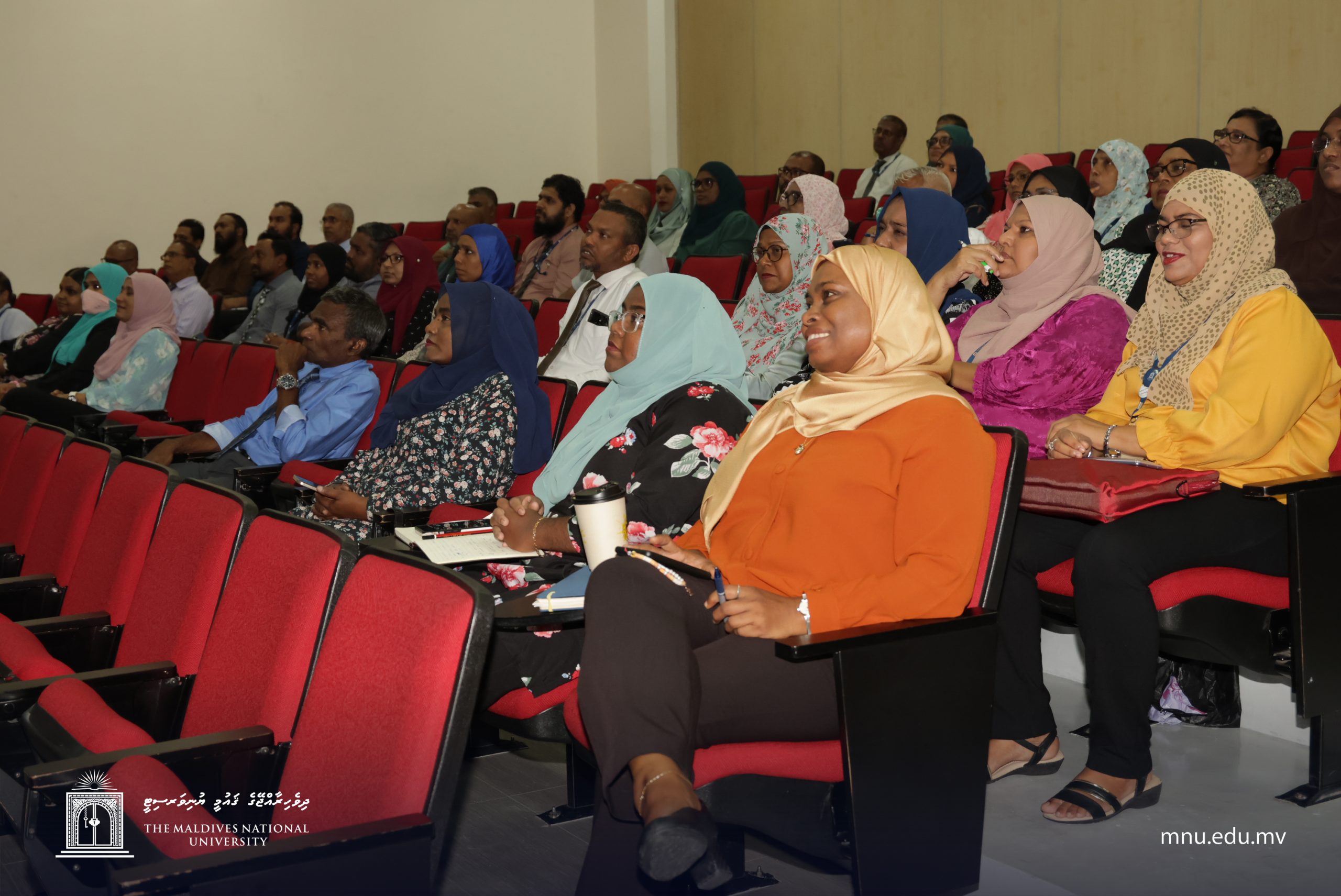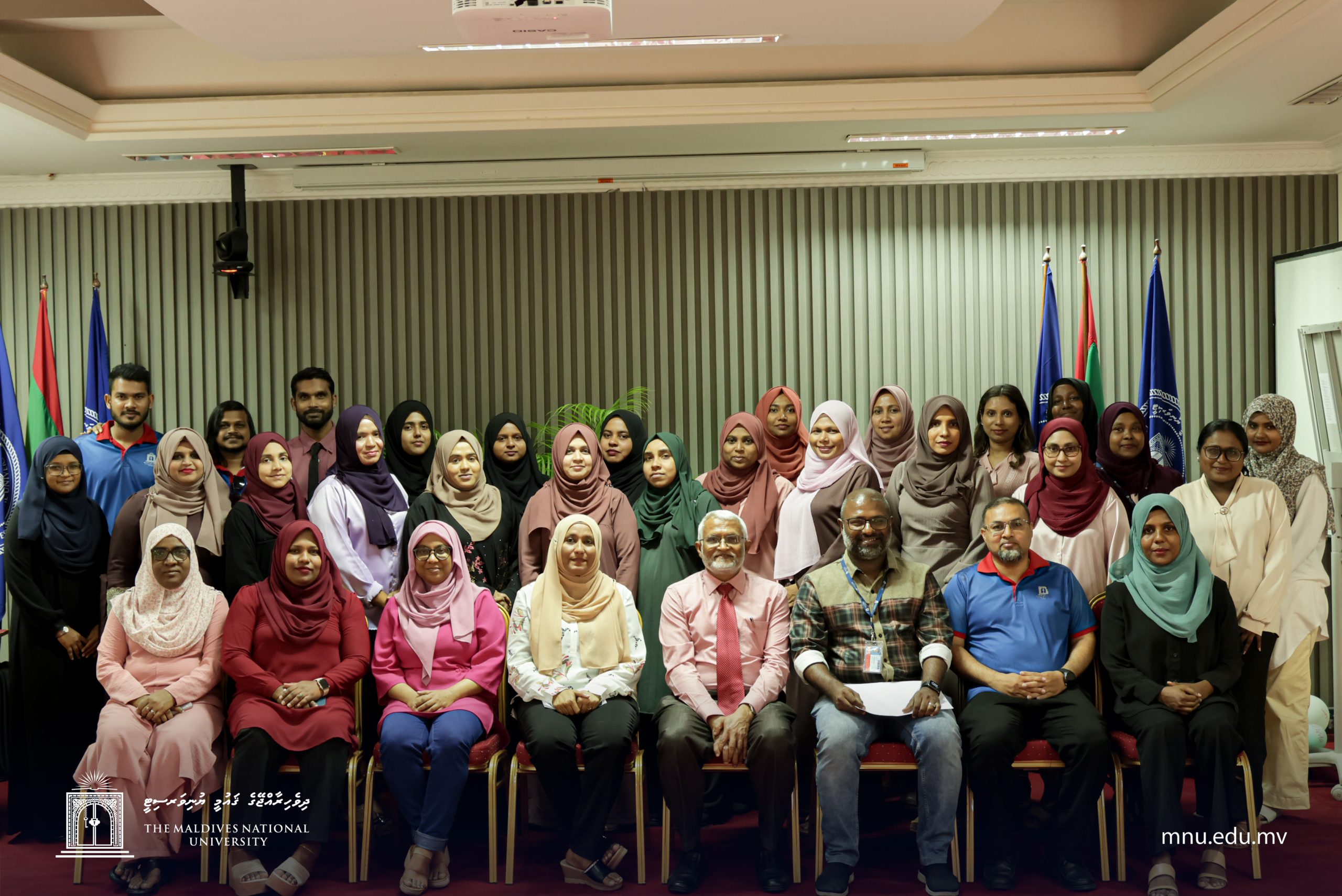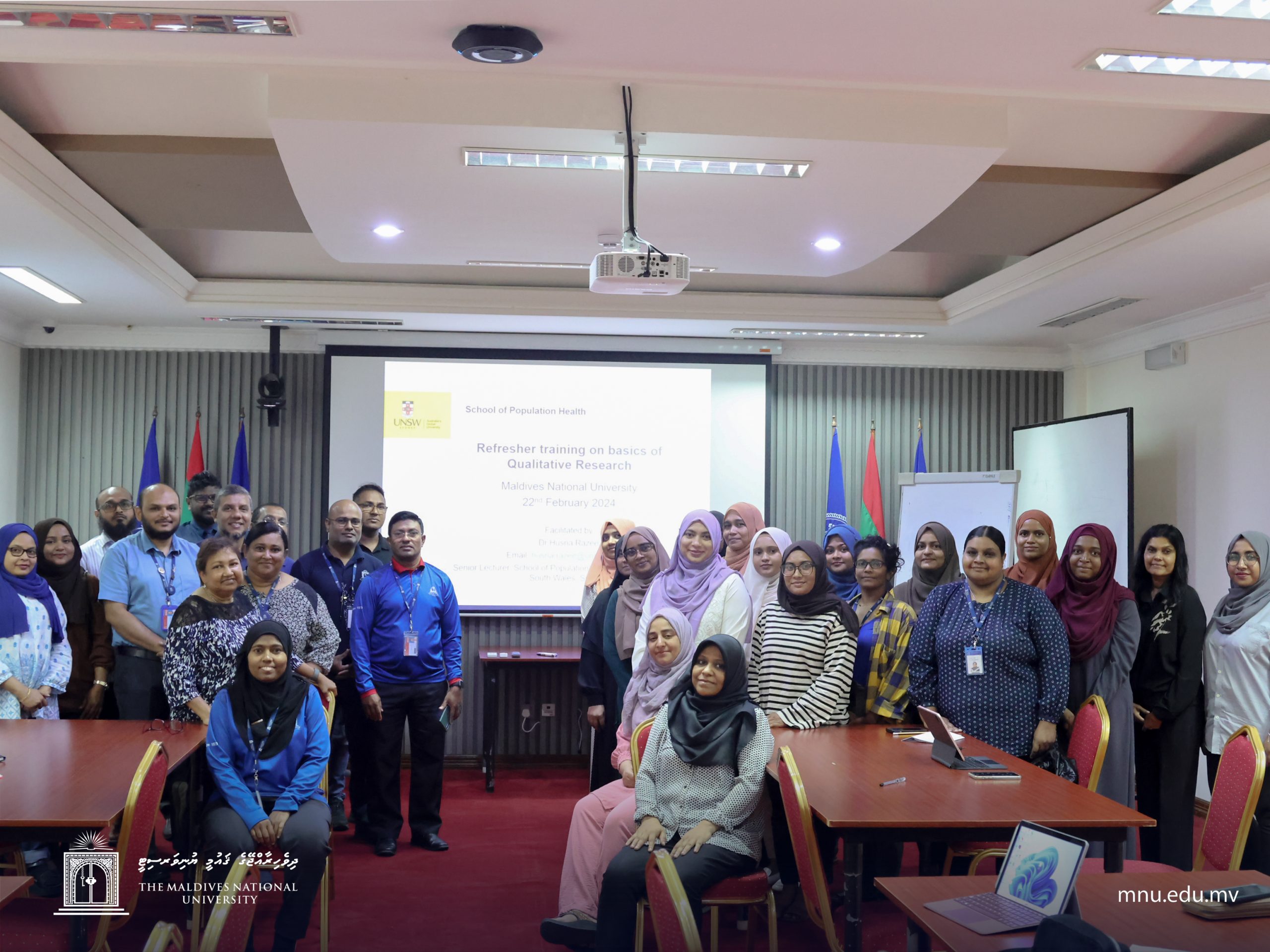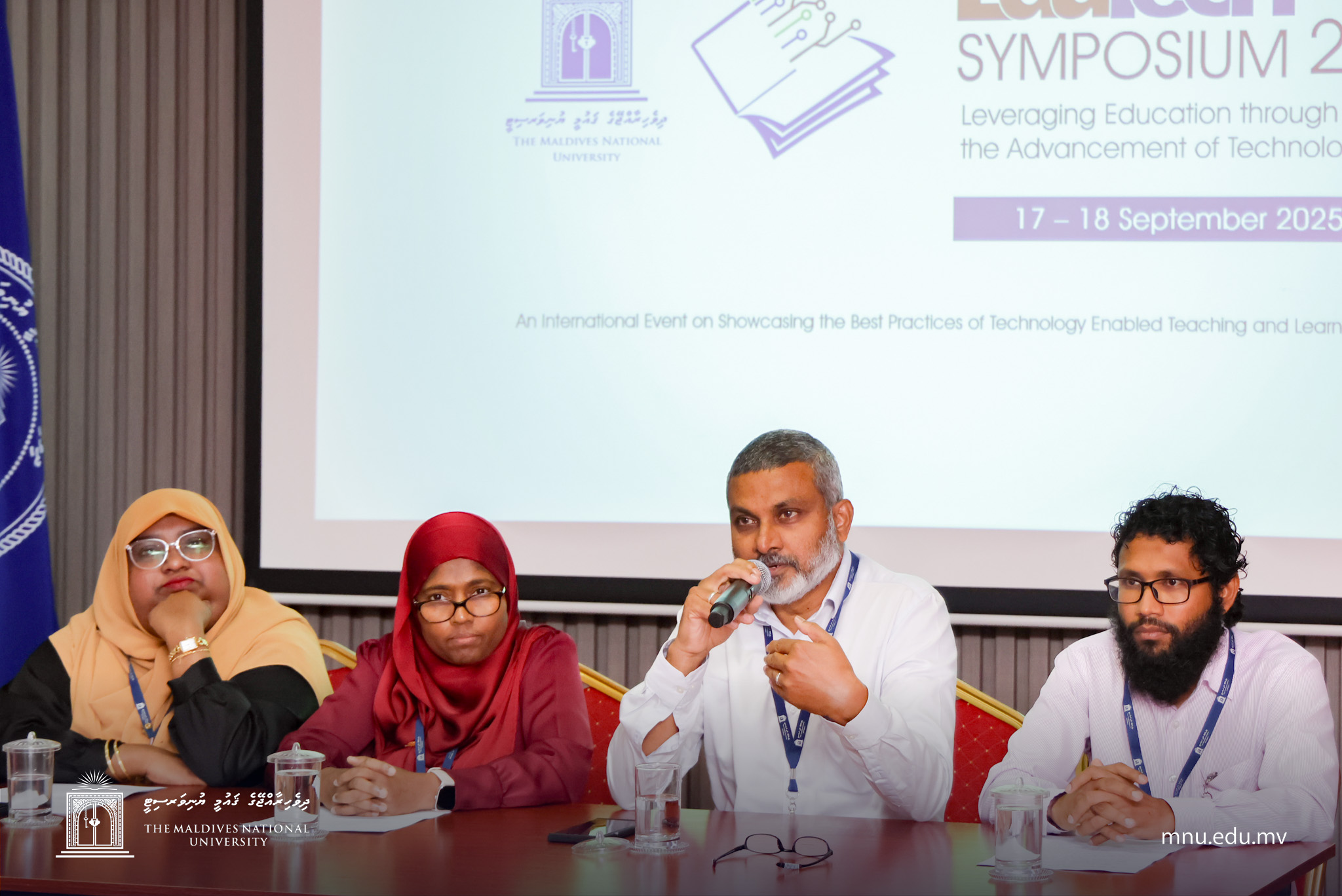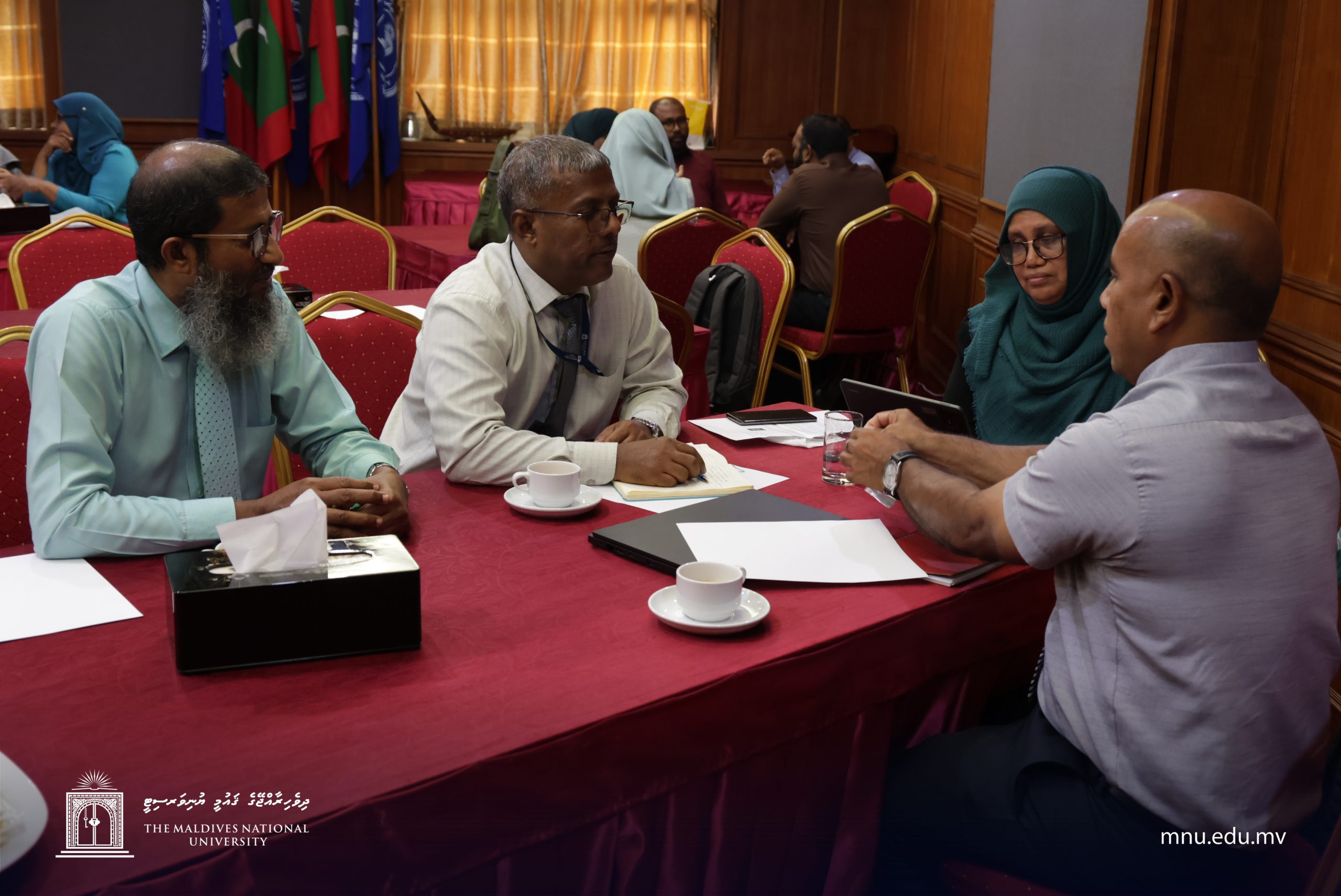The Research Ethics Committee (MNUREC) safeguards the ethical conduct of all research involving human participants carried out by MNU staff, students, and associated researchers. Established under the authority of the Academic Senate, the committee ensures that all research upholds the principles of integrity, voluntary participation, informed consent, confidentiality, cultural respect, and protection from harm. MNUREC reviews applications for ethics approval, including exempt, low-risk, blanket approval, and full reviews, ensuring that research designs, methodologies, and data-handling procedures meet national and international ethical standards. The committee evaluates risks, monitors approved projects, reviews amendments, and ensures that researchers adhere to ethical guidelines throughout the research process. Its diverse membership includes senior academic leaders, experts in research and ethics, specialists in psychology, health sciences, and external members, ensuring comprehensive and independent oversight. MNUREC plays a vital role in protecting research participants and strengthening the integrity and quality of research across the University.
